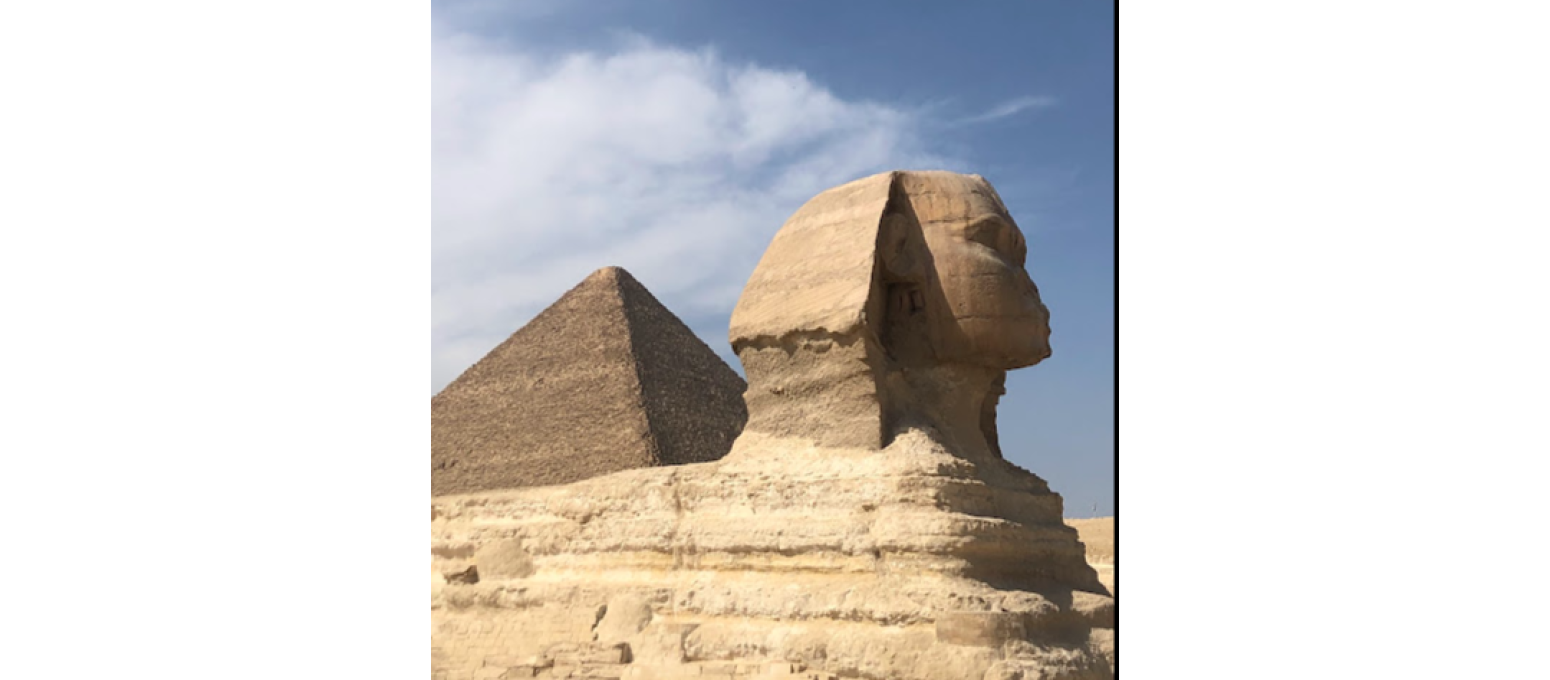Hello everyone and welcome back to my weekly post on my blog, where we talk about Art and Culture. Thinking about what I could write in today’s post, my recent trip to Egypt came to my mind. There, I saw some of the most beautiful things I’ve ever seen in my entire life, the pyramids, The Luxor and Karnak temple. When our guide was explaining everything to us, he kept saying that some of the things that were supposed to be there weren’t, because they were exposed in the British museum. That made me think deeply about that subject, and I think that it would be interesting If I shared my thoughts with you.
The British took all those artifacts during the Colonialism, and the fact that they are still there, perpetuates an exploitation image and a feeling of superiority from the museum, assuming that the pieces are better there than in their own place. In Egypt’s case, the country has been asking for a long time to get their pieces back, because they were taken illegally in an most of them during a time of conflict. Some of those artifacts are for example the Rosetta Stone, a key piece that unlocked the secrets of the Egyptian hieroglyphs, it was taken by the French troops in 1799 during the Napoleonic campaign, and then in 1802 was given to the British kingdom.
The Rosetta Stone is not the only artifact, other pieces like the Statue of Ramses VI or the Dendera Zodiac were also stollen from them. The Egyptian government and tons of history and archeology experts maintain that those objects are part of their cultural heritage, and they must go back to where they belong. On the other hand, the British Museum says that those pieces were acquired legally and that they want to show them there to show a little bit of Egyptian culture around the world.
This last statement made me think, why are they being so stubborn? If the British museum wants to show Egyptian culture, they could expose some replicas or maybe have some artifacts with the Egyptian permission.
The debate over the restitution of Egyptian artifacts raises fundamental questions about cultural ownership, historical justice, and the role of museums in the 21st century. As Egypt continues its struggle to reclaim its lost heritage, the world watches attentively, reflecting on the complexities of history and ethics in the realm of art and culture.





